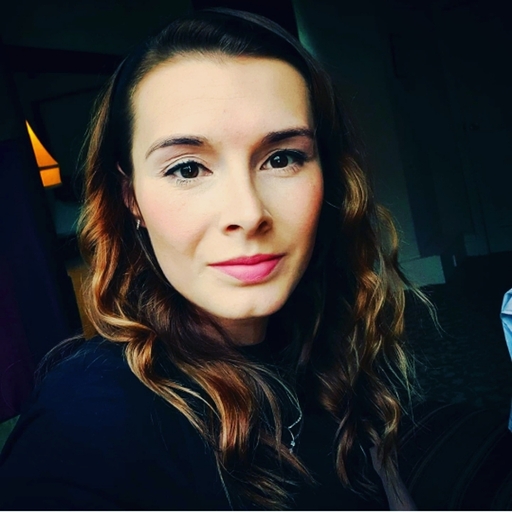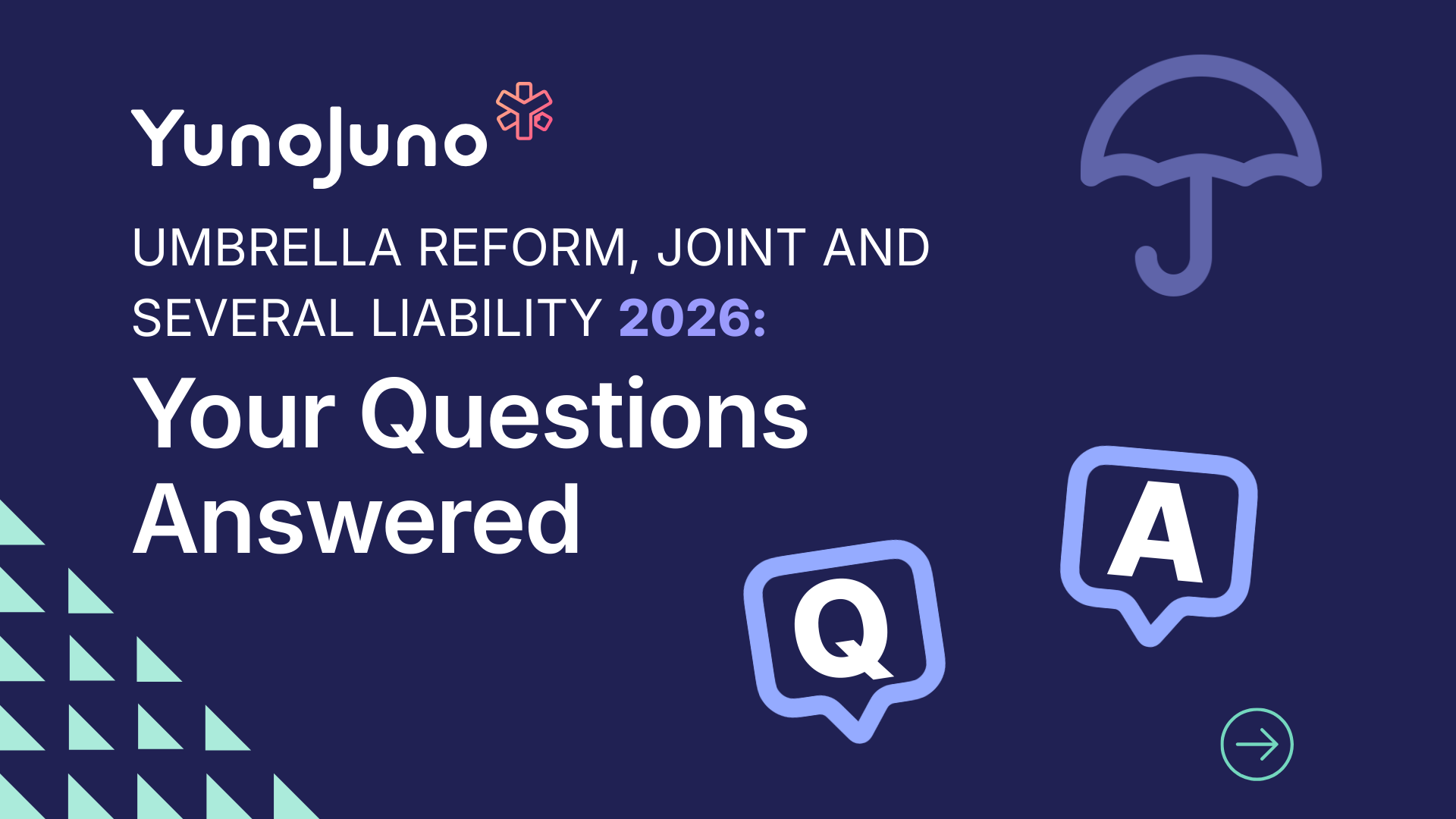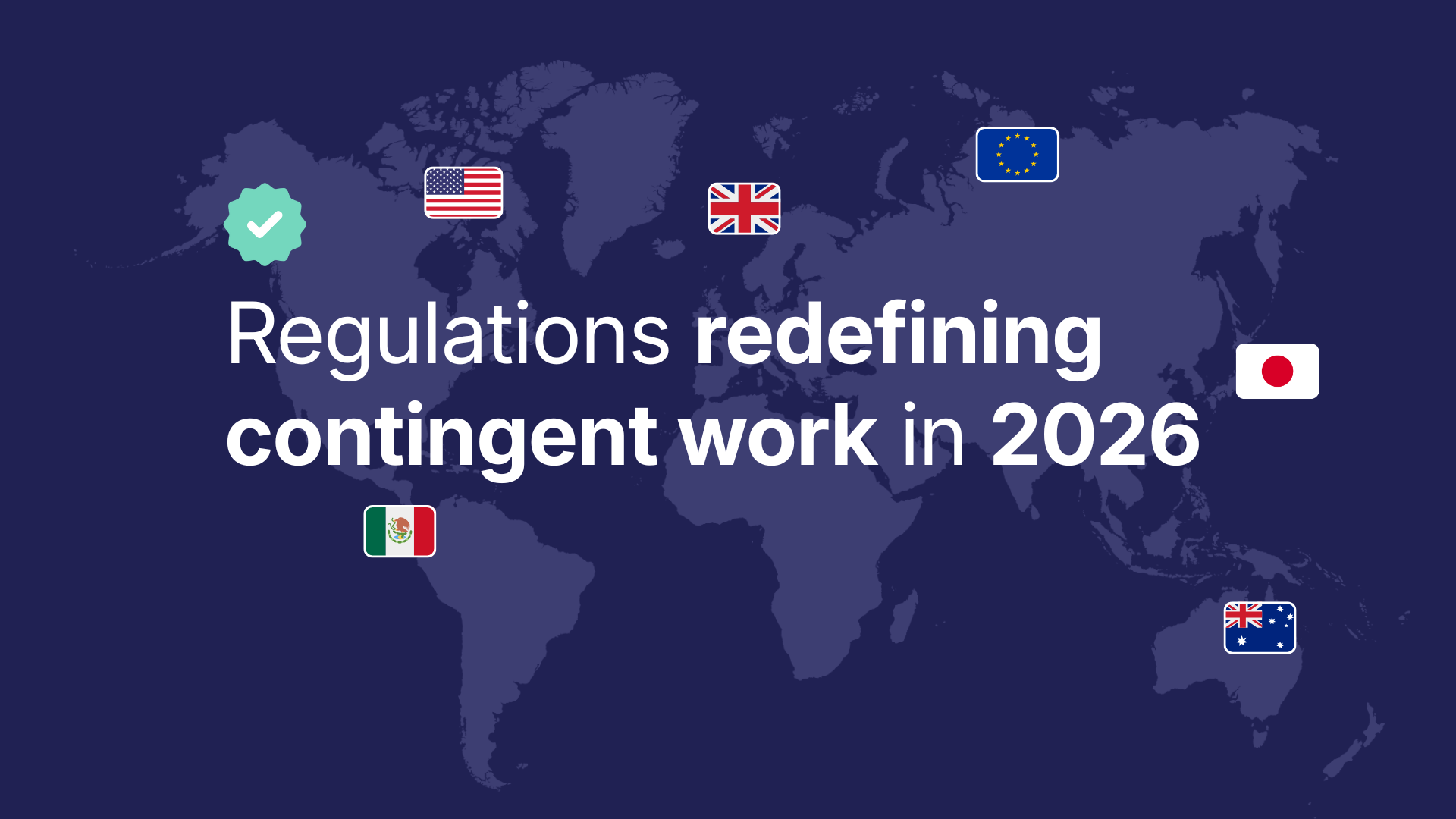We recently interviewed Jake Hawley to find out why he chose freelancing and more about being a Motion Designer.

What is a Motion Designer and what do you do?
Being a Motion Designer can encompass many different things involving a moving image project. Generally there is animation, 2D or 3D, a graphic design component, sometimes live action and a story all composited and put in an edit with audio. But it's a huge field. It can include VFX, green screen, simulations, UI design, practical effects, stop motion, photography, filming, lighting, character animation, and a ton more. It's not just broadcast and internet videos, either. You've now got AR, VR, mobile, and anything else they can put a screen on or interact with. Even McDonald's menu's need motion and UI design now. I tend to focus on 2D illustrative work, photo real 3D work, with a bit of character animation mixed in for good measure. It's a bit all over the place but I like it.
How did you become a Motion Designer?
I studied Fine Arts at The University of Iowa in the US but did a year at Wolverhampton University. While there, I couldn't get into the sculpture module I wanted but found an illustration and animation module that had room. I grew up drawing and painting so this felt like a natural fit. When I got back to the states, I found Marcomedia's Flash (RIP), which got me an internship at a San Francisco studio that did a lot with live action and motion graphics.
Jake was a delight to work with. He was flexible in working remotely, and coming in to the studio to be briefed. We had short timings, and he delivered fantastic results within these. He stayed in contact and made the creative review and feedback process seamless.
Stephanie Fair, Resource Manager, FutureBrand
How long have you been freelancing?
I started working as a motion designer in 2005 and I've kind of bounced back and forth from freelance to in-house over the years. Although this last stint of freelancing has been just over three years and I don't see myself going back in-house anytime soon.
Why did you decide to go freelance?
I decided to go freelance just after my family and I moved from London to Brighton. I didn't want to continue to commute back and forth. I would leave while kids were still asleep and be back after they were in bed. I also prefer not to work the weekends for free. As a freelancer, I can charge more IF I want to work. :)
What's the best thing about choosing to be an independent professional in your field?
I used to think it was being able to pick and choose the jobs I was offered but having small kids and more family responsibilities, I think it's more about owning my own time. I haven't been dragged into a pitch in over two years. I'm not a fan of pitches or working 36 hours straight. I also really enjoy meeting new people on jobs. Since I'm a transplant to this country most of my good friends I've met through work.

Has there been any negatives of your choice?
Being mainly a remote freelancer, even before COVID, I miss those daily interactions with a team or other designers to ask questions or to check out their process and see how they solve problems. Also just general dumb nerd chat. My wife can only take so much, which is one of the reasons I started a motion design group - Brighton MoGraph - here in Brighton. It's quarantined to Slack at the moment but we would normally meet up every few weeks and have nerdy conversations about all things animated. It's good to connect with others who are actually excited to hear about how you've fixed a UV map or some new plug-in that's come out.
What's one thing no one ever told you about freelancing you wished you'd known at the beginning?
There's more 'business' involved than I thought. Now it seems obvious, but starting out there were lots of things I had to learn pretty quickly or it would cost me clients or money. I enjoy the business side of things now but that wasn't the case when I was younger. Also, hire an accountant.
How has YunoJuno helped you as a freelancer?
YJ makes finding clients and work that much easier. It's super simple to apply to briefs and the invoicing process is pretty streamlined. And you can't beat the two week turn around on payment. People do ask me where I find clients and I think about a third of my work comes from YJ.
Can you talk about a project you're proud to have worked on?
Early this year I worked on a handful of haemophilia films. These were aimed at younger kids, helping to explain the symptoms of the disorder and how to live a full and normal life. It was a really friendly team and it felt good to work on something with great purpose.

I also worked on a really fun Google project last year with the team at Marshall & Broom doing some character animation and a little bit of rigging. It combined some of my favourite things. Good people to work with, snappy character animation, with a great end result. It was for the Google Dev conference in China and it's always fun to see your work on a giant screen in front of a few thousand people.

You can see more of Jake's work here:
What advice would you give to someone who wanted to become a Motion Designer?
Go after what inspires you. If there is something that has blown your mind, look into how it was made and why. Then start making things move. Entry level to this field is relatively cheap and there are a ton of free trials or just plain free software out there that's getting better and better. Online training is amazing and you can learn a lot just from that. I don't think you need to pick a particular niche when you are starting out. Try a little bit of whatever looks interesting and follow down those paths for a while. There's always chat about specialising vs being a generalist. I'm on the side of just following what interests me at the moment. I love drawing and illustration but also really enjoy figuring out technical problems in the CG world. This has pros and cons but it keeps my mind from wandering too far from what I'm doing. The other main point to someone starting out is to not get caught up in the software and hardware. You have to learn your tools but don't let it dictate the project too much or distract you from coming up with original ideas. I've definitely been guilty of this in the past and I really try to work on the 'why' and 'who' of the project instead of just the 'how'.
If a client was reading this, why should they hire you?
It's fun figuring out what a client wants in a film and then trying to make it on time and within a budget. I make it a priority to be good to work with. I want to put people at ease, be responsive and explain the process in a way they can understand, avoiding complex jargon. A good relationship tends to produce the best work.
Jake is brilliant to work with, his animation is fluid, and human, and the delivery is always of a fantastic quality, always capturing the emotion of the piece. He has a wide skill set, enjoys a challenge and also is comfortable managing other animators. Would highly recommend
Chris Williams, Senior Designer
Meet Jake
Jake is a Senior Motion Designer, 3D artist and character animator with over 15 years agency experience. He has worked in a range of different techniques that include motion design, CG product shots, character animation, and 2D illustrations.







